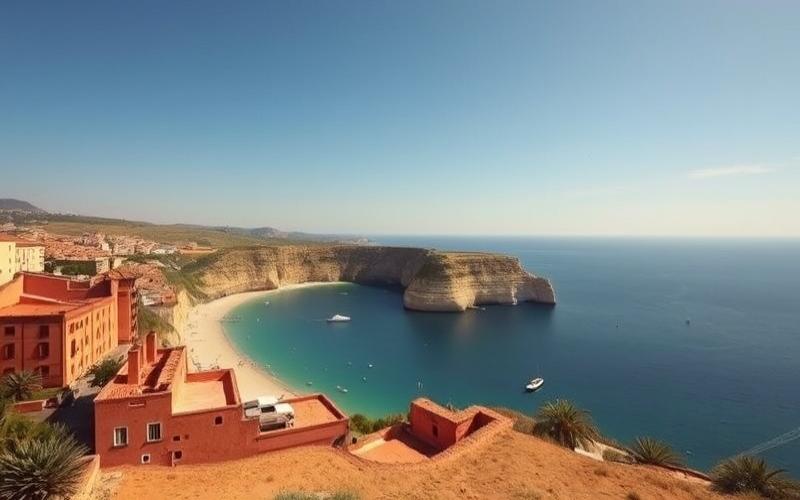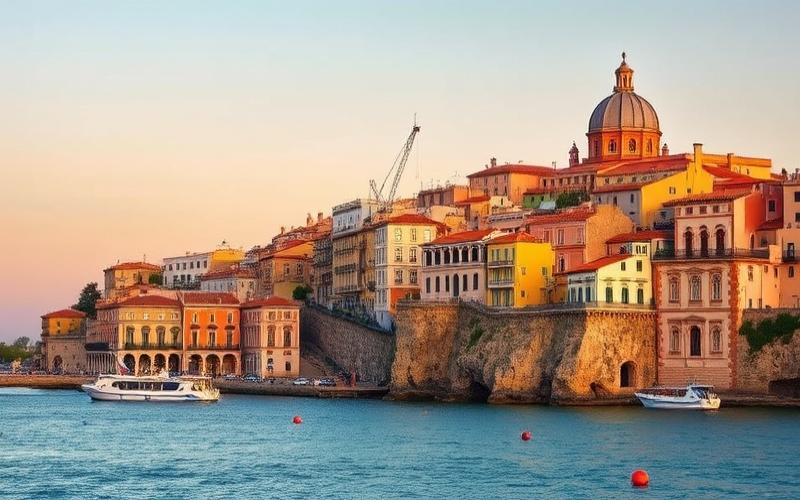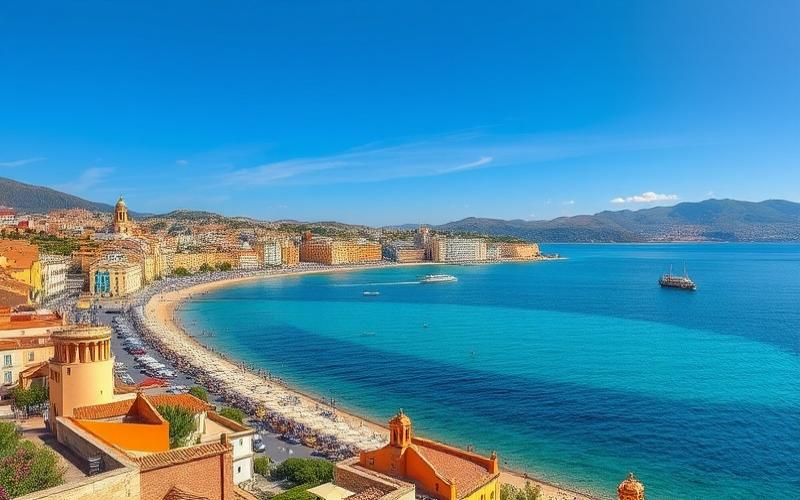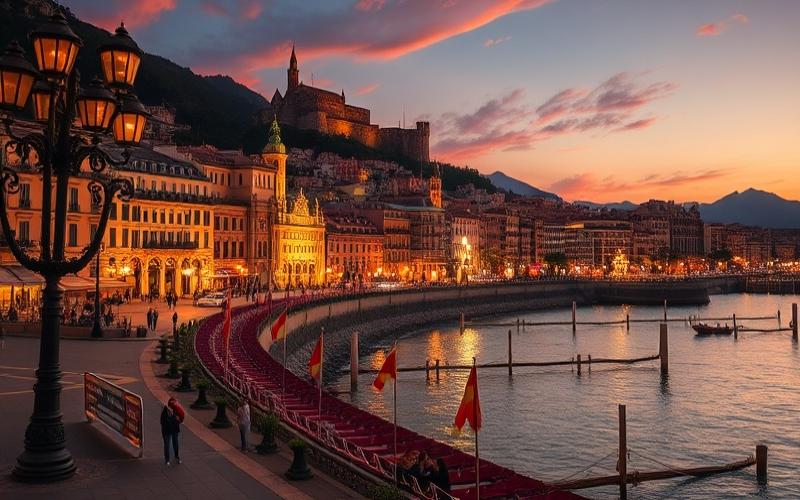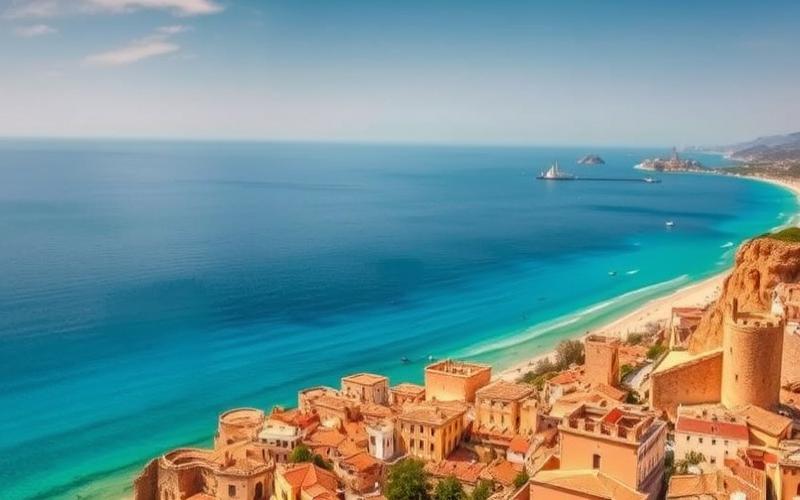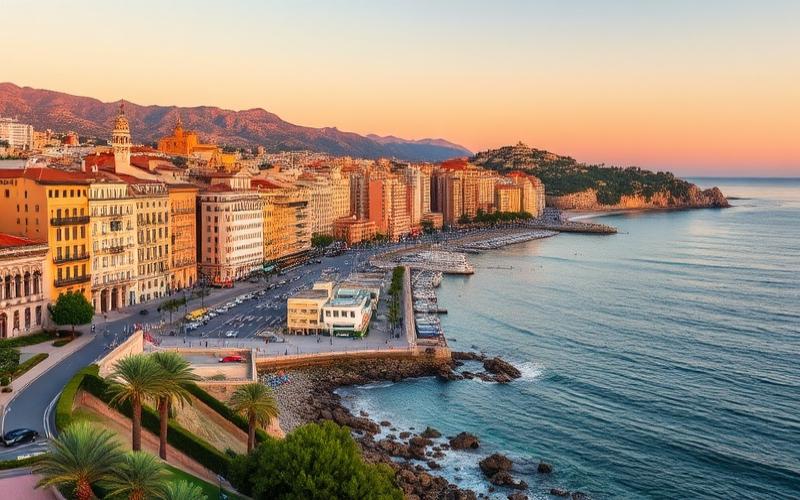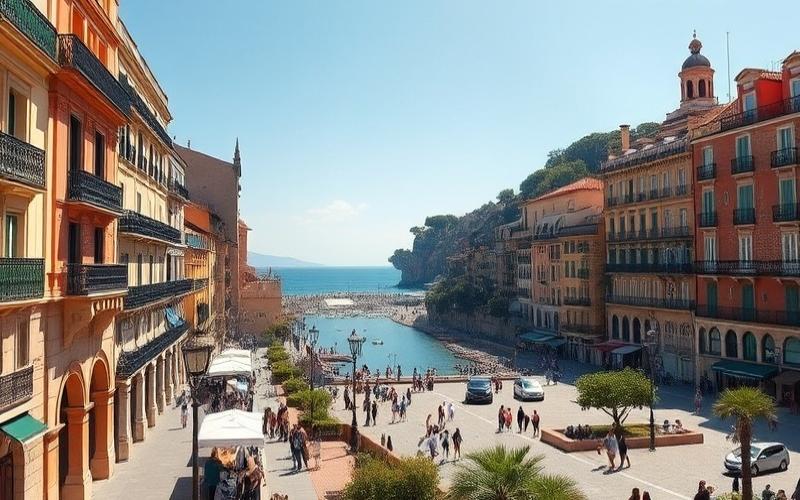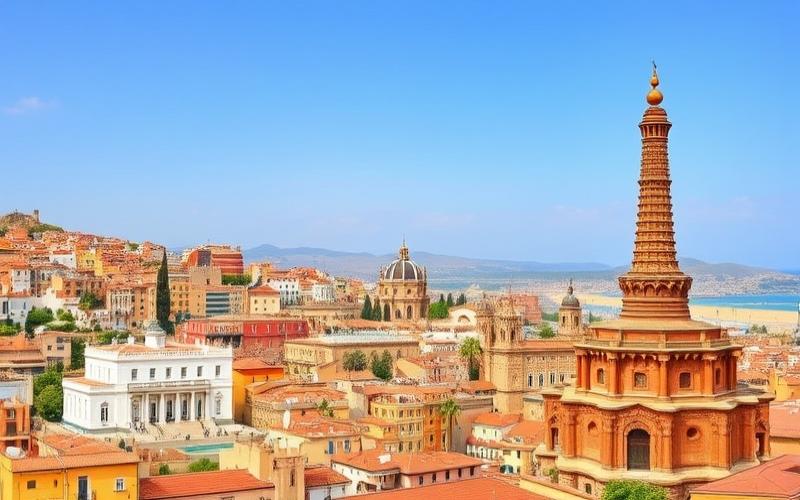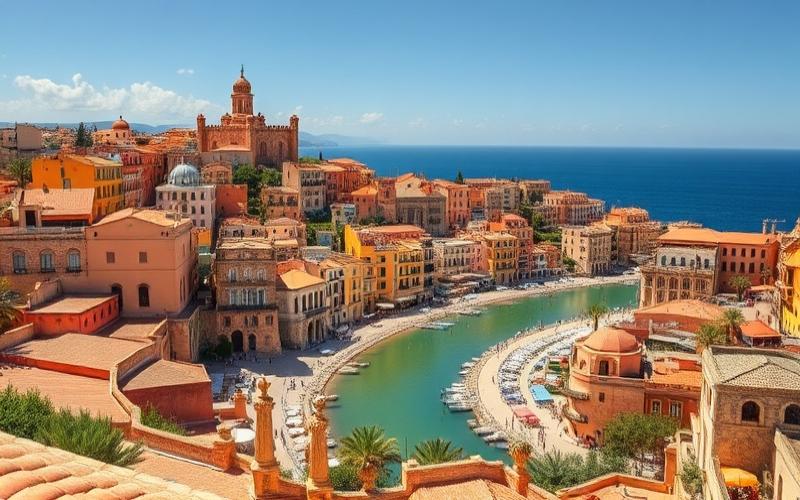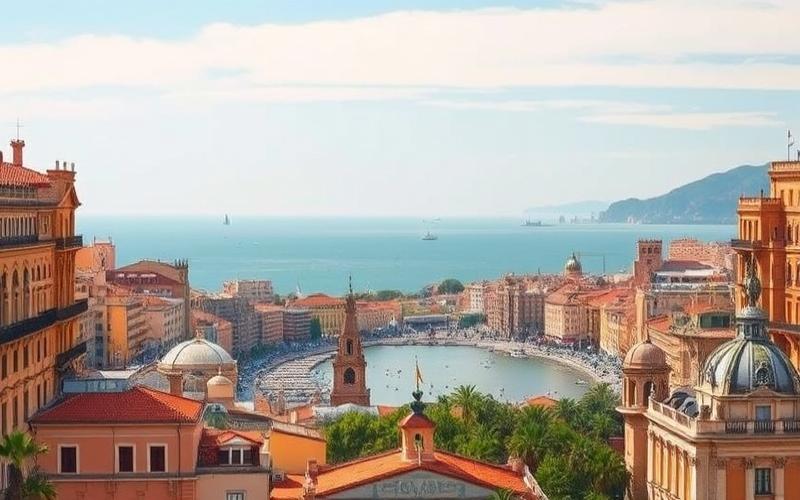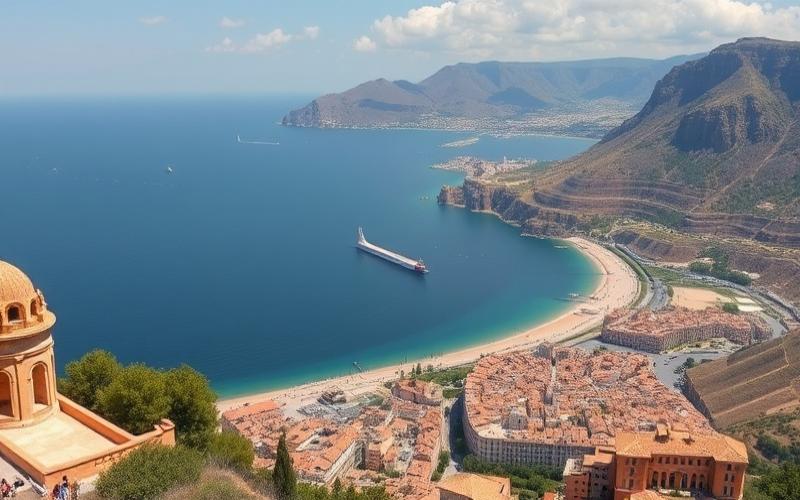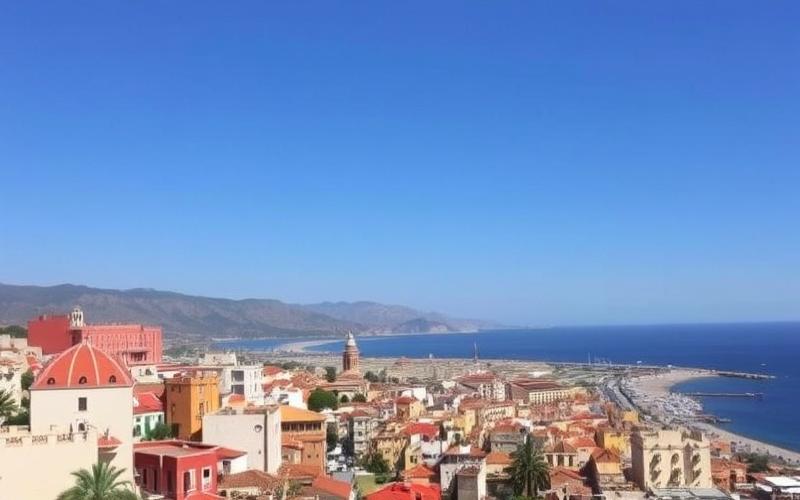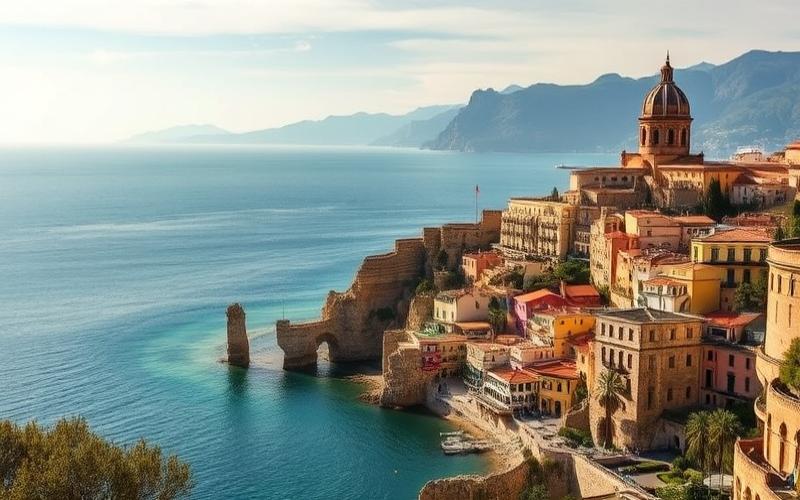
 Published on and written by Cyril Jarnias
Published on and written by Cyril Jarnias
Renovating a property in Spain can be an excellent way to increase its value while enhancing comfort and appeal. Whether you own a vacation home on the Costa del Sol or are considering investing in Spanish real estate, renovation is a winning strategy to maximize your property’s potential. In this article, we will explore the key steps, financing options, and material choices to successfully carry out your renovation project in Spain.
Why Renovate Your Spanish Property?
Before diving into practical details, it’s important to understand the benefits of renovating a property in Spain:
- Increased Value: A well-executed renovation can significantly boost your property’s market value.
- Enhanced Comfort: Modernizing your property will make it more enjoyable to live in, whether for you or potential tenants.
- Energy Savings: Installing more efficient systems can reduce your energy bills in the long term.
- Rental Appeal: If you’re considering renting, a renovated property will attract more potential tenants.
- Regulatory Compliance: Bringing your property up to code may be necessary to comply with Spanish legislation.
The Roadmap to a Successful Renovation in Spain
Renovating a property in Spain requires careful planning and a good understanding of the local market. Here are the essential steps to successfully complete your project:
1. Initial Assessment and Planning
Start with a thorough assessment of your property. Identify priority work and establish a detailed plan. It’s crucial to understand the current condition of the property and clearly define your renovation goals.
2. Finding Local Professionals
In Spain, it’s recommended to work with local professionals who are familiar with the country’s regulations and practices. Look for reputable architects, contractors, and craftsmen in the region where your property is located.
3. Obtaining Necessary Permits
Before starting work, make sure to obtain all required permits. In Spain, depending on the scope of work, you may need a licencia de obra menor (for minor works) or a licencia de obra mayor (for major works). These permits are issued by the local town hall (ayuntamiento).
4. Carrying Out the Work
Once permits are obtained and professionals are hired, work can begin. Make sure to regularly supervise the progress of the site and maintain clear communication with your contractors.
5. Final Inspection and Certification
At the end of the work, a final inspection is usually necessary to ensure everything complies with Spanish standards. You’ll need to obtain a certificate of completion (certificado de final de obra) to formalize the renovation.
Good to Know:
In Spain, it’s crucial to work with licensed professionals and strictly adhere to local regulations. This will help you avoid potential legal issues and ensure the quality of your renovation.
The Bottom Line: Budget and Financing Your Renovation
Financing is a crucial aspect of any renovation project, especially when dealing with a property abroad. Here are some essential points to consider for budgeting and financing your renovation in Spain:
Accurate Cost Estimation
Before getting started, obtain detailed quotes from several contractors. Don’t forget to include a contingency margin, typically around 10-15% of the total budget.
Financing Options
Several options are available to finance your renovation in Spain:
- Spanish Bank Loan: Spanish banks offer specific renovation loans, often with attractive rates.
- Property Refinancing: If you already have a mortgage, you might consider refinancing it to include renovation costs.
- Loan from Your Home Country: Depending on your situation, it may be advantageous to obtain a loan in your country of primary residence.
- Self-Financing: If you have the necessary funds, self-financing may be the simplest and least expensive solution in the long term.
Tax Considerations
Don’t forget to consider the tax implications of your renovation. In Spain, certain renovation works may be tax-deductible, particularly those related to improving energy efficiency.
Grants and Subsidies
Research available assistance for renovation in Spain. For example, the Spanish government has implemented programs like the Plan Estatal de Vivienda which can offer subsidies for certain types of renovations, particularly those aimed at improving building energy efficiency.
Good to Know:
Renovation costs in Spain can vary significantly by region and type of work. For example, a complete renovation of a 100m² apartment could cost between €50,000 and €150,000 depending on the quality of finishes and complexity of the work.
The Art of Choosing the Right Materials for Your Spanish Renovation
Material selection is crucial for the success of your renovation project in Spain. It influences not only the aesthetics and durability of your property but also its long-term value. Here are some important considerations:
Traditional vs. Modern Materials
Spain is known for its traditional architecture, but modern trends are gaining ground. Depending on your property’s style and your preferences, you can choose:
- Traditional Materials: Terracotta, wood, natural stone, ceramic tiles.
- Modern Materials: Glass, steel, polished concrete, composite materials.
Energy Efficiency
Spain is increasingly emphasizing energy efficiency. Consider materials that improve your property’s thermal insulation:
- Double or triple glazing for windows
- Eco-friendly insulation like rock wool or wood fiber
- High-efficiency heating and air conditioning systems
Adaptation to Local Climate
The Spanish climate varies by region. Choose materials suited to your location:
- For coastal regions: Materials resistant to humidity and corrosion
- For hot inland areas: Materials with good thermal inertia to maintain coolness
Durability and Maintenance
Opt for durable materials that require little maintenance, especially if your property is a vacation home:
- Porcelain tile for floors
- UV-resistant paints for exteriors
- Treated wood for terraces and outdoor areas
Local Sourcing
Prioritize local materials when possible. This can reduce transportation costs and support the local economy. Additionally, local materials often integrate better into the Spanish architectural environment.
Good to Know:
In Spain, the use of CE (European Conformity) certified materials is mandatory for many construction products. Ensure that chosen materials comply with current European and Spanish standards.
Conclusion: A Well-Planned Renovation for a Successful Investment
Renovating a property in Spain can be an exciting and rewarding project. By following these steps, carefully planning your budget, and wisely choosing your materials, you can not only create a beautiful living space but also significantly increase the value of your real estate property.
Remember that every renovation project is unique and challenges may vary by region and property type. It’s always recommended to consult local professionals for advice tailored to your specific situation.
With a thoughtful approach and careful execution, your renovation project in Spain can transform your property into a true gem, whether for personal use or as a rental investment.
Disclaimer: The information provided on this website is for informational purposes only and does not constitute financial, legal, or professional advice. We encourage you to consult qualified experts before making any investment, real estate, or expatriation decisions. Although we strive to maintain up-to-date and accurate information, we do not guarantee the completeness, accuracy, or timeliness of the proposed content. As investment and expatriation involve risks, we disclaim any liability for potential losses or damages arising from the use of this site. Your use of this site confirms your acceptance of these terms and your understanding of the associated risks.

